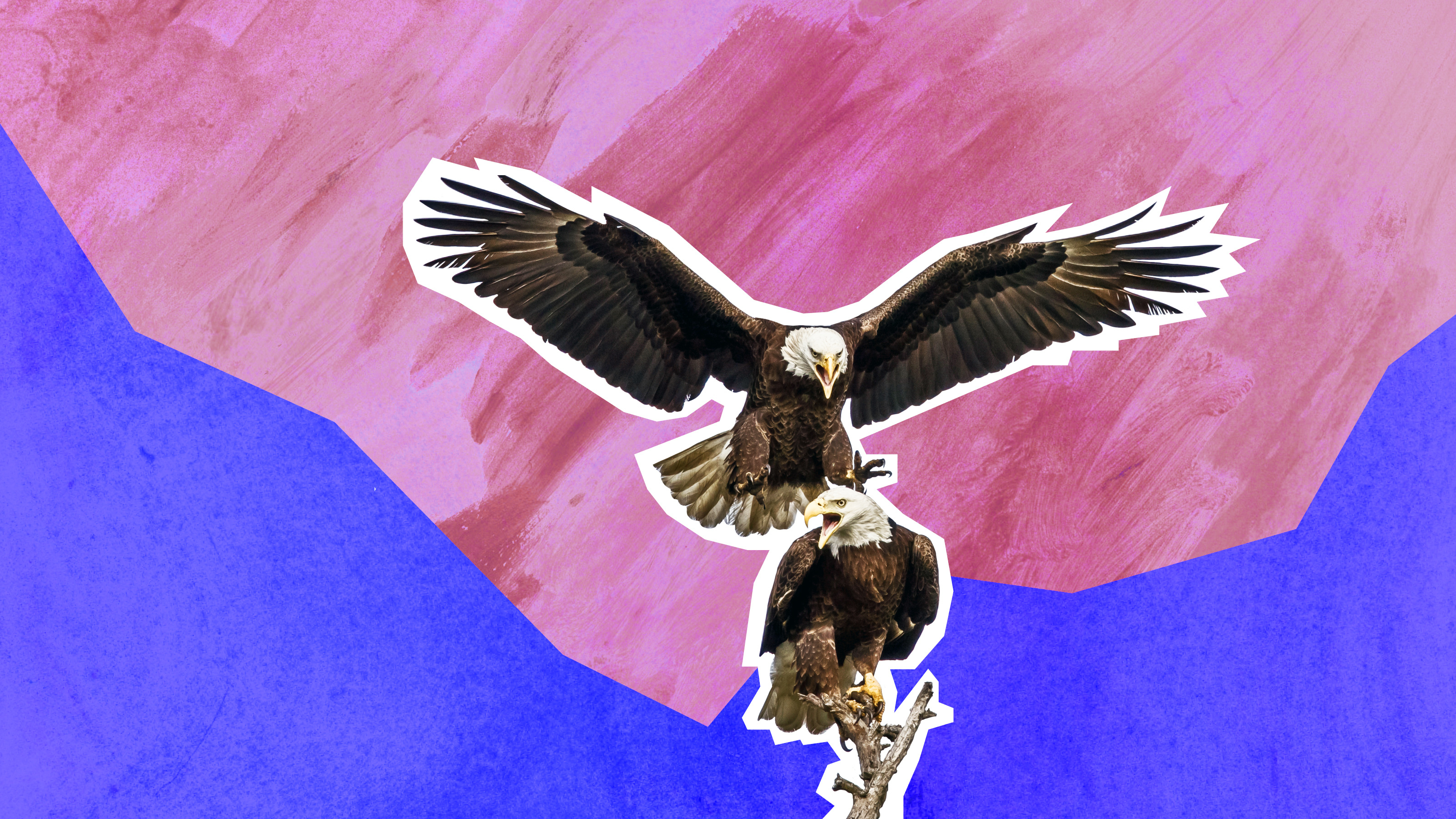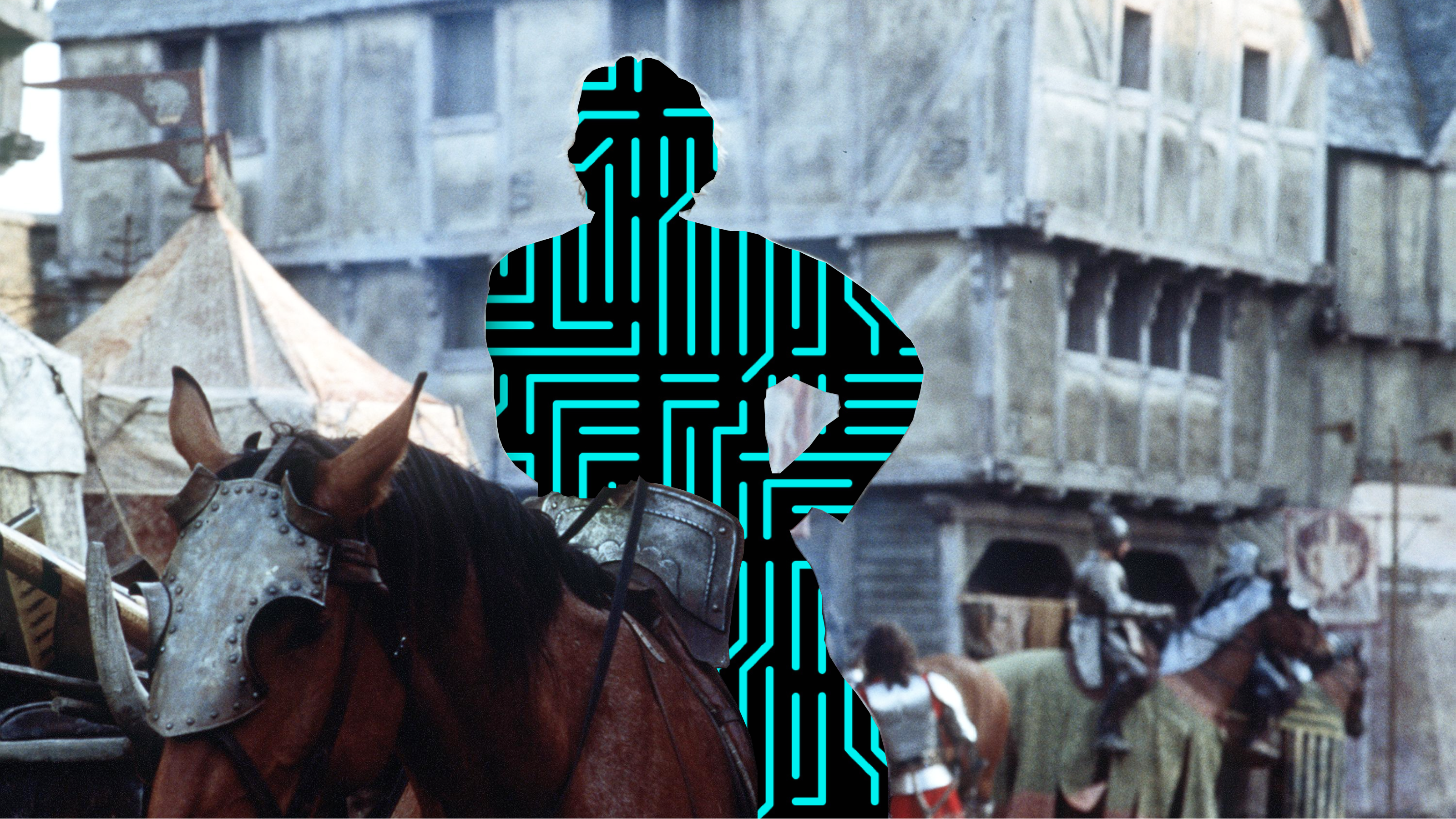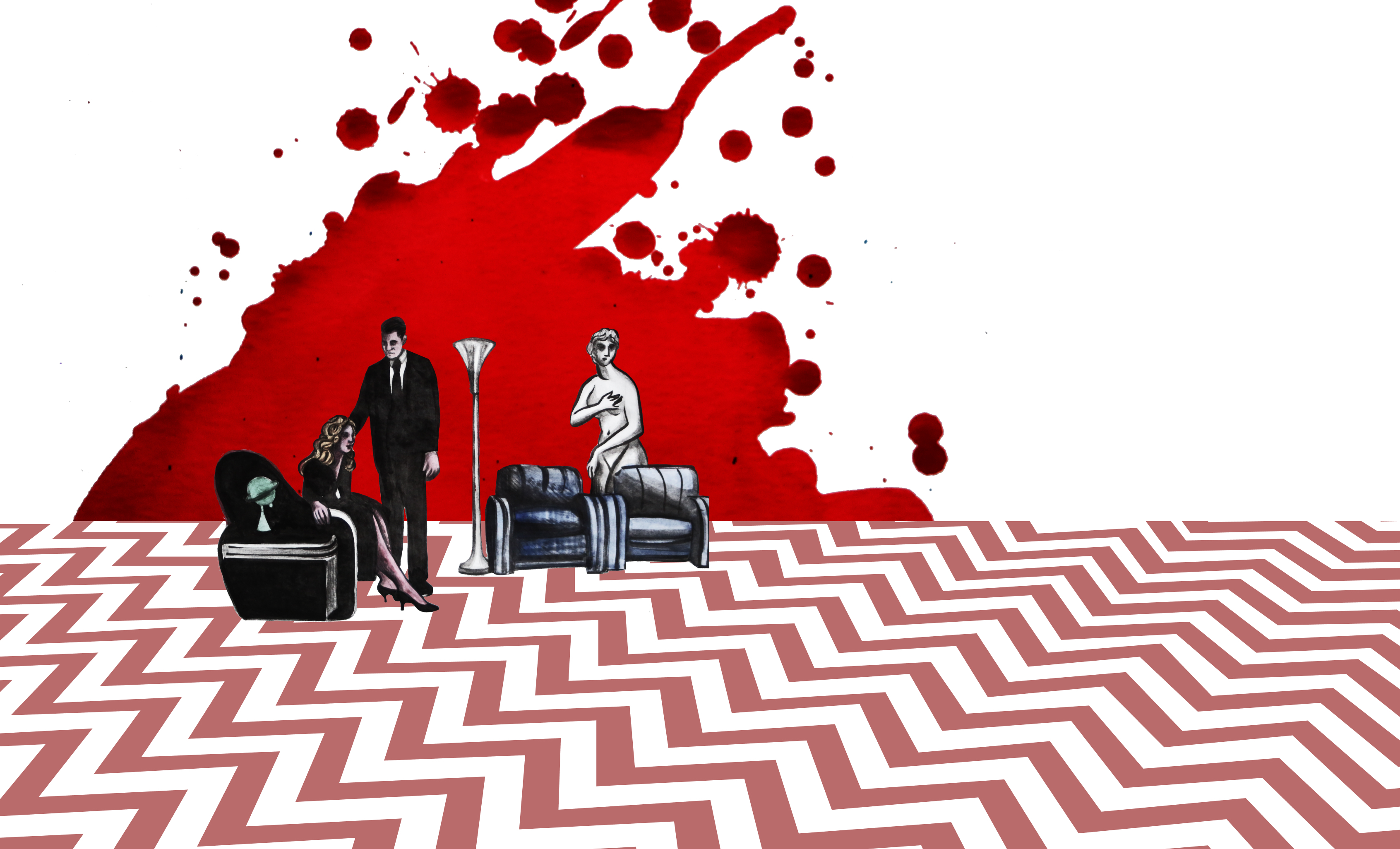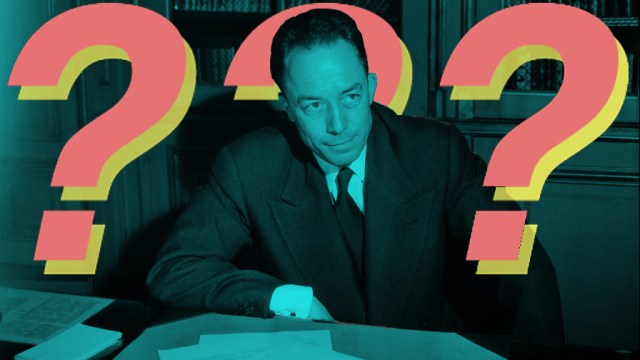4 masterpiece books that were (or still are) extremely controversial

- Some books are controversial because they question society’s moral code.
- Other books upset readers because they were written by controversial authors.
- If controversy persists, it evolves alongside our social standards.
Few works of literature from recent memory have caused as much controversy as Salman Rushdie’s The Satanic Verses. The 1988 book, which features a chapter in which the Prophet Muhammad mistakes the word of the Devil for that of God, was praised by critics but condemned by religious authorities. As Harold Bloom congratulated Rushdie for his “largest aesthetic achievement” to date, the Supreme Leader of Iran, Ruhollah Khomeini, issued a fatwa calling for the writer’s death.
Rushdie was placed under police protection. More than three decades later, the writer still faces very real threats of violence, having narrowly survived an attack on his life in 2022 while lecturing at the Chautauqua Institution in New York. The Satanic Verses was banned in South Africa, Pakistan, Saudi Arabia, Egypt, Bangladesh, Somalia, Indonesia, Sudan, Malaysia, and Qatar, while British and American bookstores selling copies of the book were bombed. Rushdie’s Italian and Norwegian translators have both survived assassinations. His Japanese translator, Hitoshi Igarashi, was killed in 1991.
Not all controversies are equal. Some books, like The Satanic Verses, are controversial because they touch on controversial topics. Others are controversial because they’re written by controversial authors. A book that’s ahead of its time may be criticized upon release, but rehabilitated in the future. Conversely, a book that embraces the standards of its time may be praised at first, only to fall out of favor once those standards have become outdated.
Some controversies dissipate rather quickly, while others endure for decades if not centuries in one form or another. Although they can lead to protest and violence, controversies aren’t inherently bad. Quite the contrary, controversial books help raise awareness for important social issues, including religious extremism, sexism, racism, and abuse of power. The more openly an author writes about the world or the human experience, the more likely they are to upset some of their readers.
Obscenity in art
The majority of controversial books are regarded as controversial because they challenge a culture’s moral code. Such was the case with Henry Miller’s Tropic of Cancer, about the sexual exploits of a poor expatriate living in 1930s France. The novel, which Miller completed as early as 1934, did not make it into bookstores until 1961 because several segments of American society considered its language and subject matter too explicit and too obscene to be printed on paper.
With phrases like, “I am f***ing you, Tania, so that you’ll stay f***ed. And if you are afraid of being f***ed publicly I will f*** you privately (…) I will bite your clitoris and spit out two francs,” sprinkled throughout the text, it’s easy to why. That said, not everybody agreed with this assessment. For years, publishers and free speech advocates fought with the justice system, which had decided that the obscene passages in Tropic of Cancer were indistinguishable from hard pornography.
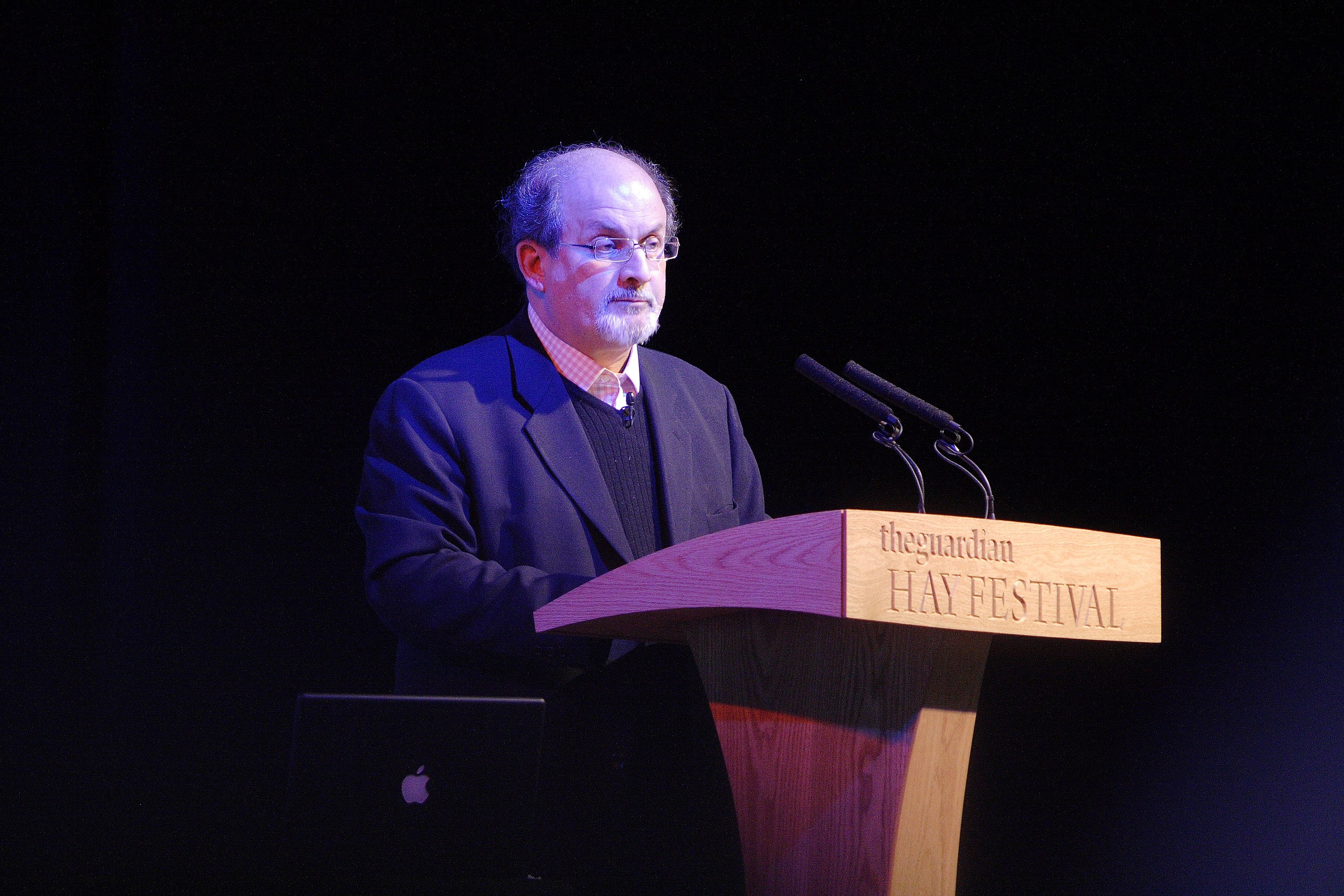
To prove they weren’t, plaintiffs employed literary critics to argue that Miller’s writing held artistic merit aside from its capacity to arouse or shock. One of these critics was Donald Gutierrez, who in a 1978 paper interpreted Tropic of Cancer as a sexual comedy – a low comedy, to be sure, but with “a stronger visceral appeal than high comedy.” Through this approach, one publishing company eventually managed to repeal the ban and claim the constitutional right to sell the book.
The legal battle surrounding Tropic of Cancer played a crucial role in extending free speech protections in the United States, which are among the most extensive in the entire world. They apply not just to books, but also to other art forms such as film, music, and painting. Today, writers are not only able to incorporate explicit images and graphic descriptions into their work, but also parody original work from other writers without having to worry about being persecuted for copyright infringement.
Charlotte Brontë versus Currer Bell
In the 21st century, Charlotte Brontë is ranked alongside her siblings Emily and Anne as one of the greatest female authors of all time, and an inspiration to women following in her footsteps. But in her own century – the early 19th, to be exact – Brontë’s writing, which encompasses books like Jane Eyre, Villette, and The Professor, was controversial precisely because it was produced by a woman. Or, at least, that is what some readers came to suspect as her fame and success increased.
Living in a time when it was considered unsuitable for women to become professional authors, the Brontë sisters published her novels under male or gender-neutral pseudonyms. On the page, Anne became Acton Bell, Emily Ellis Bell, and Charlotte: Currer Bell. The sisters assumed these alter egos because they wanted their literary output to speak for itself and be taken seriously by critics, rather than placed in the narrow context of their own womanhood.
Unfortunately, the critical reception of Brontë’s novels mostly boiled down to guessing games about her identity. “Who the author can be I can’t guess,” William Makepeace Thackeray of Vanity Fair once commented, “if a woman she knows her language better than most ladies do.” Indicative of Victorian England’s gender bias, Brontë received favorable reviews when critics assumed that Currer Bell was a man, and unfavorable ones when they took him for a woman.
The conservative art critic Elizabeth Eastlake (critic was considered a more suitable profession for women than author) wrote in a magazine that if Jane Eyre was indeed written by a woman, she “had long forfeited the society of her own sex.” Eastlake even went as far as to compare the protagonist’s rebellion against traditional gender roles to Chartism, the working class reform movement sweeping England in the mid-1800s, and other socialist uprisings taking place in mainland Europe.
The many faces of Huck Finn
As mentioned, it’s rare for a work of literature to stay controversial for an extended period of time because the norms and values that underpin controversies are constantly evolving. If controversy persists, it tends to evolve at a comparable pace. For a good example of this process, look no further than Mark Twain’s The Adventures of Huckleberry Finn, in which a white boy named Huck and a runaway slave named Jim journey down the Mississippi.
Since its publication in 1884, Huck Finn has angered readers from later time periods for different reasons. Early criticism of the book was directed at Twain’s use of language, specifically his misspelling of words to convey dialect and level of education. Twain thought this added character, but many readers felt books should be written in proper English. In a similar vein, the New York Public Library banned Huck Finn from its children’s reading room because Huck scratched himself when he had an itch.
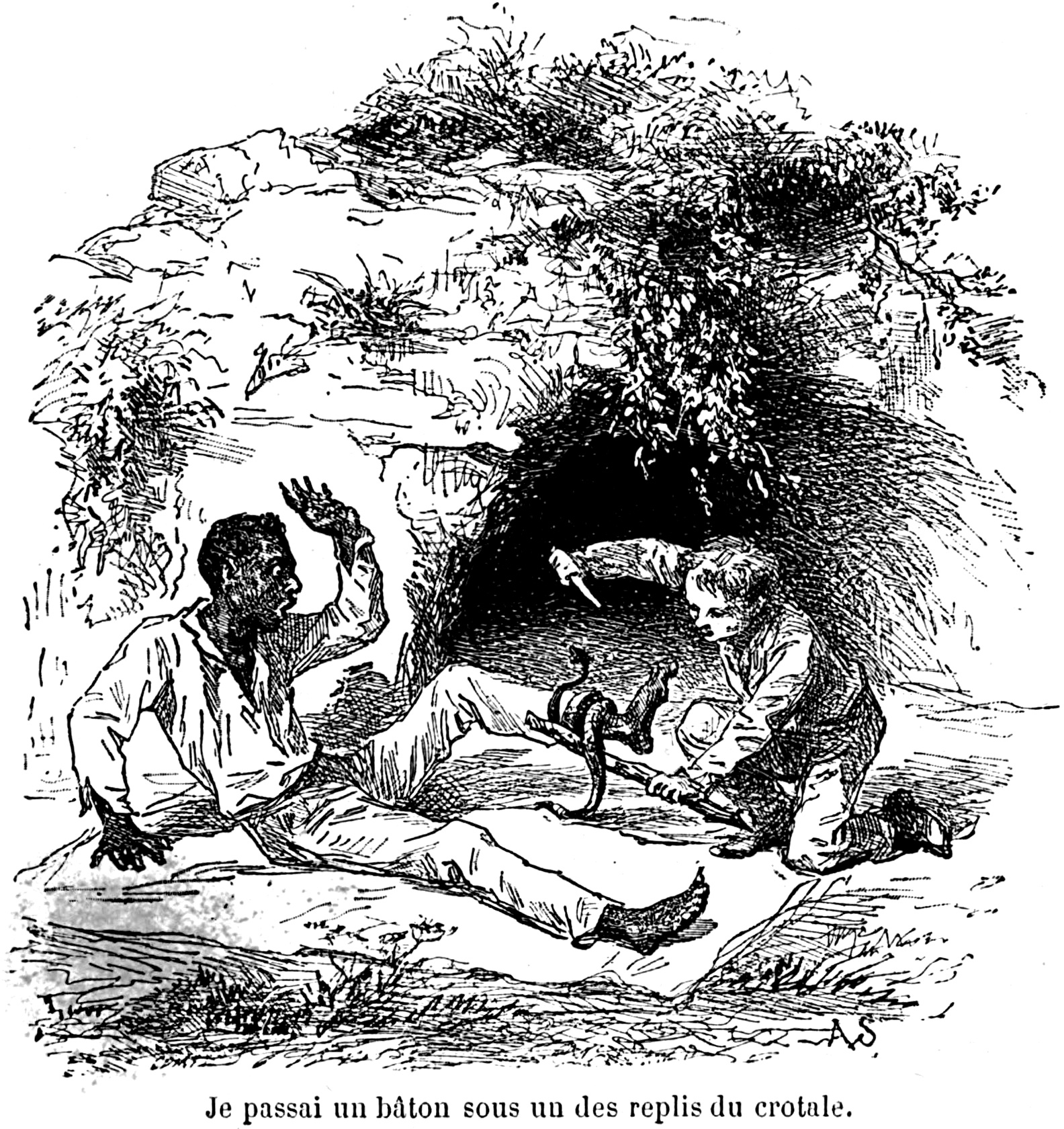
Writing about the book’s racial content expanded drastically after the civil rights movement, and opinions remain divided. Some Black critics argue Twain’s depiction of Black people was progressive for the time, while others insist it is insensitive. As Fredrick Woodard and Donnarae MacCann write in an essay, “Though Jim may reasonably be viewed as a model of goodness, generosity, and humility, he is characterized without an equally essential intelligence to buttress our claims for his humanity.”
In the end, just as controversy can be of service to society, it can also help the author. When Mark Twain was informed of the New York Public Library’s decision to ban The Adventures of Huckleberry Finn, he was delighted rather than furious, commenting that the news would only boost his sales. He was right; defying expectations, Huck Finn became far more popular than Twain’s other, less controversial book, The Adventures of Tom Sawyer.

